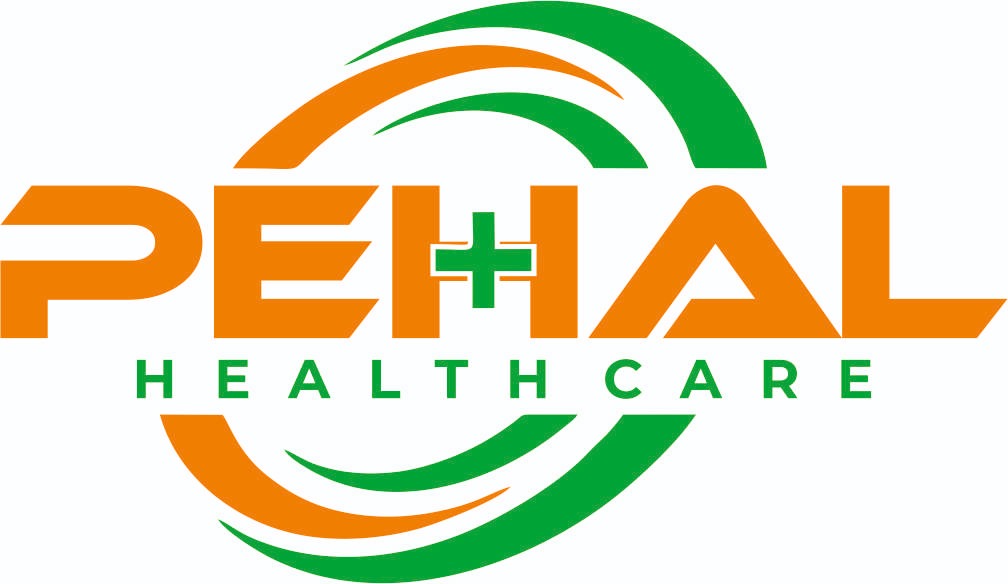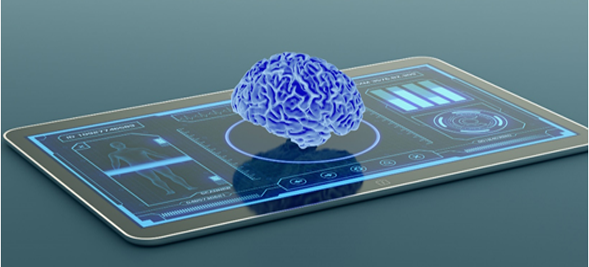Mental Health Awareness for Education Institutes
About PehalHealthcare Mental Health Awareness for Education Institutes
PehalHealthcare Technologies is a HealthTech organisation provides services in Healthcare and IT industry. PehalHealthcare Technologies started in 2018 which aims to provide better solutions to industries through it’s advanced level products, services and partners. We provide solutions more than 1000 across the industries. Our clients are like LG Electronics, Honda, Philips, Jakson, Mother Dairy, Wrench Solutions, KPMG, DELL, EXL, Orange Software and many more.
PehalHealthcare Technologies collaborates with FORTIS MENTAL HEALTH PROFESSIONALS, aims to provide a better mental health of students, teachers, parents and others. PehalHealthcare Mental health awareness programs developing a comprehensive mental health awareness program for schools and colleges is crucial for promoting well-being, reducing stigma, and providing support to students. By implementing a comprehensive mental health awareness program, schools and colleges can create a supportive and nurturing environment where students feel empowered to prioritize their mental health, seek help when needed, and thrive academically and personally.Here’s a framework for such a program:
- Education and Awareness Campaigns: Conduct regular awareness campaigns to educate students, teachers, and staff about mental health issues, including common conditions, warning signs, and available resources.Use various channels such as assemblies, posters, newsletters, and social media to disseminate information and raise awareness.Invite mental health professionals, counselors, and peer educators to give presentations and workshops on topics like stress management, anxiety, depression, and suicide prevention.
- Curriculum Integration: Integrate mental health education into the school or college curriculum across different subjects, including health education, psychology, and life skills.Provide age-appropriate lessons and activities that promote emotional intelligence, resilience, empathy, and coping skills.Incorporate discussions about mental health into existing topics such as relationships, conflict resolution, and decision-making.
- Training for Staff: Provide training for teachers, counselors, and other school staff on how to recognize signs of mental health issues, respond effectively, and refer students to appropriate support services.Offer workshops on trauma-informed practices, crisis intervention, and creating a supportive and inclusive learning environment for all students.Foster a culture of openness and support among staff, encouraging them to prioritize their own mental health and seek assistance when needed.
- Peer Support Programs: Establish peer support programs where students can receive support from trained peers who understand their experiences.Train student leaders or peer educators to facilitate support groups, organize events, and promote mental health awareness initiatives.Encourage students to develop empathy, active listening skills, and non-judgmental attitudes towards their peers’ mental health struggles.
- 5. Access to Counseling Services: Ensure that schools and colleges have accessible and confidential counseling services staffed by qualified mental health Promote awareness of counseling services through orientations, posters, and referrals from teachers and staff.Provide options for in-person counseling sessions as well as virtual or online counseling to accommodate diverse student needs and preferences.
- Advocacy: Advocating for policies and resources that support mental health initiatives, including funding for mental health services, improved access to care, and integration of mental health education into various settings such as schools and workplaces.
- Crisis Intervention and Suicide Prevention: Implement protocols and procedures for responding to mental health crises and suicidal ideation, including risk assessment, safety planning, and access to emergency Train staff and students on how to recognize warning signs of suicide and how to intervene effectively to provide support and connect individuals to help.Collaborate with local mental health agencies, hotlines, and crisis intervention teams to ensure a coordinated response to emergencies.
- Parent and Family Involvement: Engage parents and families in mental health awareness initiatives through workshops, seminars, and informational sessions.Provide resources and guidance to parents on how to support their children’s mental health, communicate effectively, and seek help when needed.Foster partnerships with community organizations and mental health agencies to expand access to resources and support for students and families.
- Evaluation and Continuous Improvement: Regularly assess the effectiveness of the mental health awareness program through surveys, focus groups, and data analysis.Use feedback from students, staff, and stakeholders to identify strengths, weaknesses, and areas for improvement.Make adjustments and updates to the program based on evaluation findings and changing needs within the school or college community.
PehalHealthcare Mental Health Awareness Program is a multifaceted effort that requires collaboration between individuals, communities, organizations, and policymakers to create a more supportive and compassionate society for everyone.



